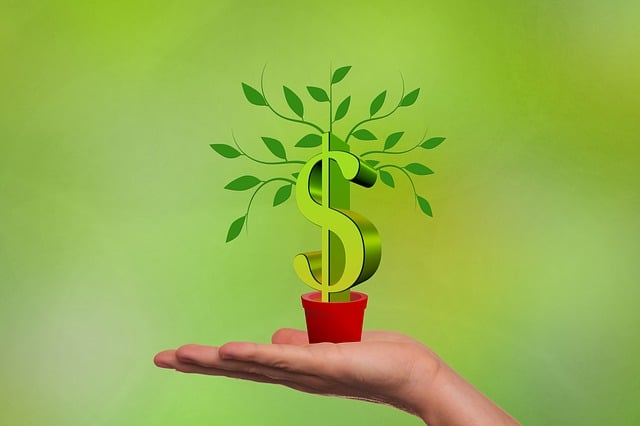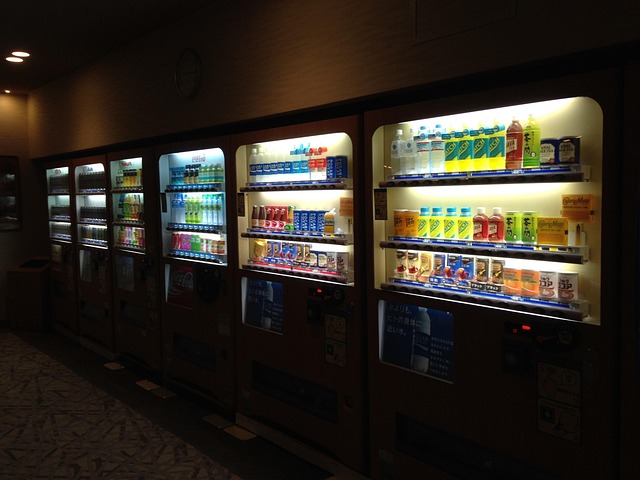Green investments in Singapore have been gaining momentum as the country focuses on sustainability and climate resilience. Singapore is positioning itself as a green finance hub, offering various opportunities for investors interested in environmentally sustainable projects.
Green investments in the private sector in Southeast Asia increased 20% to US$6.3 billion in 2023. Increase in capital flows to the emergence of innovative finance, greater interest in green power opportunities by businesses, renewed interest in electric vehicles, and the need to address power consumption of data centres are some of the contributing factors to the increase. Singapore’s Green Economy Index, a decarbonisation progress score, improved by four points to 55, making it to the top of the index overall out of ten Southeast Asian countries.
7 Green Investments and Initiatives to Drive the Green Economy in Singapore
The Singapore government offers various incentives for green investments, including tax breaks and grants for companies adopting sustainable practices. Below are more examples of green investments and initiatives in Singapore.
1. MAS’s Sustainable Bond Grant Scheme
The Monetary Authority of Singapore (MAS) launched the Sustainable Bond Grant Scheme (SBGS) in June 2017, which helps eligible bond issuers reduce the costs incurred in obtaining an external review of the bonds being issued by covering up to S$125,000 of eligible expenses. Such review is necessary to determine whether the bonds are internationally recognised as green.
The financial assistance effectively lowers barriers to entry for organisations looking to issue green bonds. With reduced costs, more companies, including small and medium-sized enterprises (SMEs), can participate in the green bond market. This can lead to a more robust and dynamic green investment landscape. By making it easier for more entities to issue green bonds, the SBGS supports a broader array of green projects, including innovative and emerging technologies that may not have traditional funding sources.
The scheme also helps to mobilise capital for projects that contribute to Singapore’s environmental objectives. The focus on green bonds contributes to the development of a sustainable economy, attracting investments in projects that promote renewable energy, energy efficiency, and environmental conservation. This aligns financial incentives with long-term sustainability.
2. Sustainable Infrastructure Investments
The Singapore Green Plan 2030 outlines ambitious targets and the government has started investing and executing plans in sustainable infrastructure, including public transportation, green buildings, and renewable energy projects such as the plan to build a renewable energy farm around the Raffles lighthouse, a 30 hectare area. This project involves the installation of solar panels above the sea surface and tidal turbines underwater, combining energy harnessing from the sun and tides.
Funding wise, with the sale of Green Singapore Government Securities (Infrastructure), the government is raising $2.5 billion through a 30-year green bond, selling about $2.45 billion of bonds to institutions and $50 million to the general public. The initial price guide is about 3.46%.
Temasek has a sizable $44 billion sustainability investment portfolio and has recently partnered with MAS. MAS and Temasek Holdings signed an MOU with Allied Climate Partners (ACP) and the World Bank’s International Finance Corporation (IFC) to fill in the gap in financing for sustainable infrastructure in the region. This project aims to identify and develop investments in sectors such as renewable energy, storage development, electric vehicle infrastructure, sustainable transportation, and water and waste management in Southeast Asia as a start. Its goal is to meet Southeast Asia’s carbon reduction targets and create jobs.
Capital’s Keppel Asia Infrastructure Fund focuses on defensive and essential infrastructure assets across Asia-Pacific’s developed markets, providing stable, long-term and predictable cash flows.
3. Carbon Trading Market
Singapore is developing a carbon trading market to help companies offset their carbon emissions. The Singapore Exchange (SGX) has launched the Climate Impact X (CIX), a global carbon exchange and marketplace.
CIX operates with two main platforms; CIX Exchange and CIX Marketplace. The Exchange platform offers standardised contracts for large-scale buyers, allowing them to meet their compliance and voluntary carbon reduction targets. The Marketplace, on the other hand, caters to smaller, project-specific carbon credit trades, supporting various types of sustainability projects worldwide. CIX aims to be a global hub for high-quality carbon credits, attracting participation from businesses around the world. By providing a trustworthy and efficient marketplace, CIX helps standardise carbon trading practices and foster global cooperation in carbon reduction efforts.
4. ESG (Environmental, Social, and Governance) Investments
There is a notable and growing emphasis on Environmental, Social, and Governance (ESG) investments as part of the broader trend towards sustainable finance. This shift is being driven by both market demand and regulatory encouragement, as investors and asset managers increasingly recognise the importance of integrating ESG criteria into their investment processes. Businesses are also aware of the changing consumer behaviour towards brands that are more environmentally friendly.
This focus on ESG is also driven by increasing demand from institutional and retail investors who are more conscious of the impact their investments have on society and the environment. Investors are looking for opportunities that not only offer financial returns but also contribute to positive social and environmental outcomes.
7. Sustainable Real Estate
The real estate sector in Singapore is increasingly adopting green building standards like the Building and Construction Authority (BCA) Green Mark Certification scheme. Launched in 2005, it evaluates a building’s environmental impact and performance. On an international level, property group City Developments Limited (CDL) is ranked 22nd out of 100 on the Most Sustainable Corporations in the World list and has been listed for 15 consecutive years. It is evident that sustainable building design has been initiated in Singapore for about 2 decades.
Green Investments in Singapore
Green investments in Singapore are supported by strong government policies, a growing market for sustainable finance, and a commitment to environmental sustainability. Whether you’re interested in green bonds, renewable energy, or ESG-focused funds, there are numerous opportunities to explore Singapore’s green investment landscape.
Foreign investors who would like to tap on this opportunity in Singapore, Whatsapp Immigration@SG at +65 8766 1966 or email to info@iasg.com.sg.







